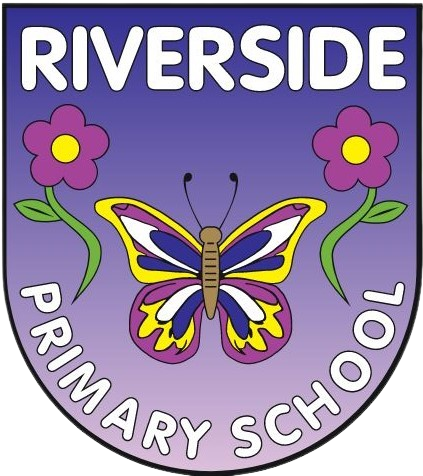Nursery
Reading
Engages in extended conversations about stories, learning new vocabulary
Understands that print has meaning
Understands that print can have different purposes
Understands that we read English text from left to right and from top to bottom
Understands the names of the different parts of a book
Understands page sequencing
Is developing his/her phonological awareness, so that he/she can spot and suggest rhymes
Is developing his/her phonological awareness, so that he/she can count or clap syllables in a word
Is developing his/her phonological awareness, so that he/she can recognise words with the same initial sound, such as money and mother
Uses some of his/her print and letter knowledge in his/her early writing, e.g. writing a pretend shopping list that starts at the top of the page; writes 'm' for mummy
Speaking and Listening
Enjoys listening to longer stories and can remember much of what happens
Can pay attention to more than one thing at a time, even when it is difficult
Understands a question or instruction that has two parts, such as, "Get your coat and wait at the door"
Understands 'why' questions, like: "Why do you think the caterpillar got so fat?"
Observation checkpoint: Around the age of 3, can the child shift from one task to another if you fully obtain their attention, for example, by using their name?
Observation checkpoint: Is able to answer simple 'why' questions?
Uses a wider range of vocabulary
Sings a large repertoire of songs
Knows many rhymes, is able to talk about familiar books, and can tell a long story
Is developing his/her communication, but may still make mistakes with irregular tenses and plurals, such as 'runned' for 'ran', 'swimmed' for 'swam'. He/She may have problems saying: -some sounds; r, j, th, ch, and sh - multisyllabic words such as 'pterodactyl', 'planetarium' or 'hippopotamus'
Uses longer sentences of four to six words
Is able to express a point of view and to debate when he/she disagrees with an adult or a friend, using words as well as actions
Can start a conversation with an adult or a friend and continue it for many turns
Uses talk to organise himself/herself and his/her play; "Let's go on a bus... you sit there... I'll be the driver."
Observation checkpoint: Around the age of 4, is the child using sentences of four to six words - "I want to play with cars" or "What's that thing called?"?
Observation checkpoint: Can use sentences joined up with words like 'because', 'or', 'and', e.g. "I like ice cream because it makes my tongue shiver"
Observation checkpoint: Is able to use the future and past tense; "I am going to the park" and "I went to the shop"
Writing
Uses some of his/her print and letter knowledge in his/her early writing, e.g. writing a pretend shopping list that starts at the top of the page; writes 'm' for mummy
Writes some or all of his/her name
Writes some letters accurately
